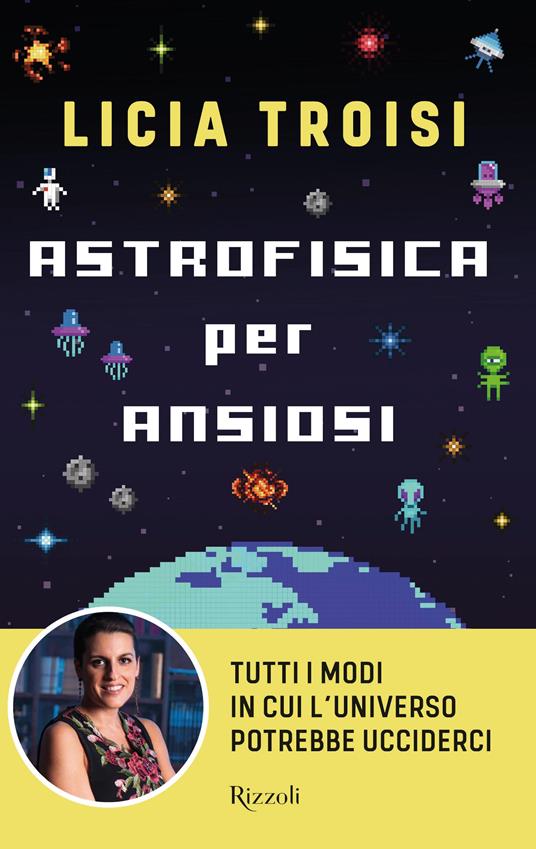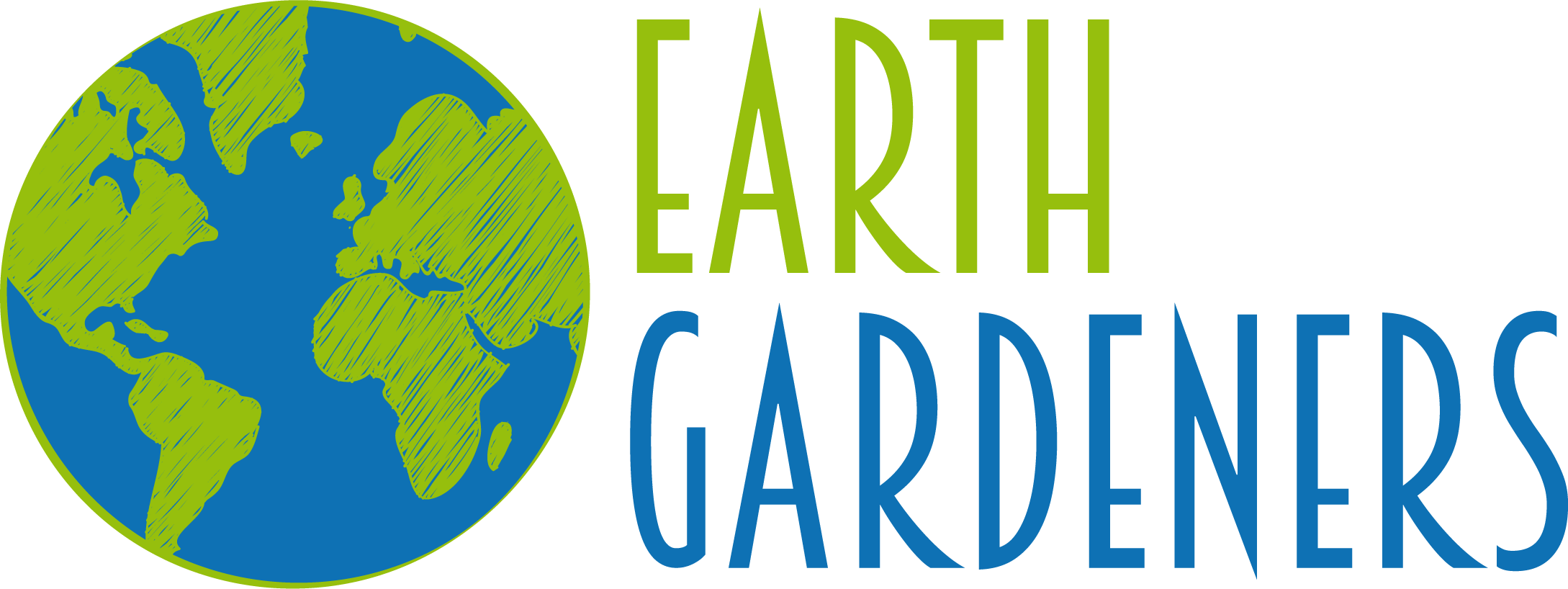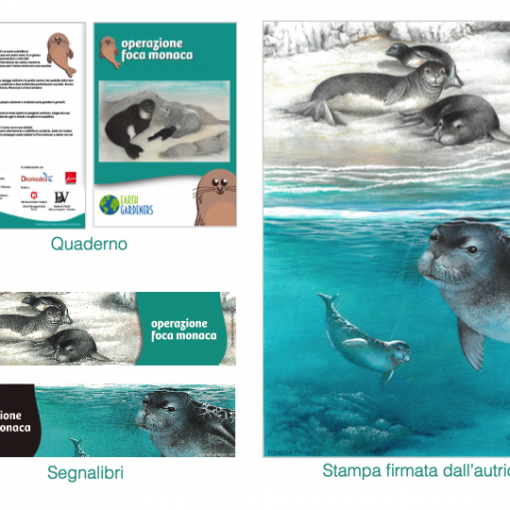
In the imagination of peoples and cultures, since the dawn of time, the end of the world has been evoked and predicted, perhaps to exorcise the fear of this catastrophe. And so in the millennia from the Mayan prophecy which set the end of the world in 2012, to the Apocalypse of John, to the fateful “Year one thousand and no more”, up to the year 2000 with the fears for the feared Millennium Bug, all the moments of our lives, the media, films, books, stories are often permeated by apocalyptic situations.
Born from these scenarios, perhaps to ease tension and anxiety through knowledge and awareness, the book we want to recommend this month is “Astrophysics for the anxious. All the ways the universe can kill us” by Licia Troisi, now on bookshelves.
What if two galaxies collided and the stars exploded? What if a black hole swallowed us up or an asteroid hit the earth like the one that caused the extinction of the dinosaurs? What if the Moon moved away from the Earth what would happen? What if the universe died?

Pages: 224 p., Hardcover | EAN: 9788817183840
The author, a professional astrophysicist as well as a successful writer, accompanies us with seriousness, competence, and scientific rigour, on a journey through catastrophic scenarios, to discover the many ways in which the Universe could eliminate us, until the conclusion that cosmic catastrophes are truly unlikely for the time scale of men, while we must rather, alas, note that the greatest and most real threat to our survival is ourselves and that the ecological apocalypse began quite a while ago.
It is an interesting, engaging and compelling read, where Licia Troisi manages to explain the complex concepts of astrophysics in a simple and clear way, with scientific information that is understandable to everyone, even the most inexperienced readers.
And if the title arouses some apprehension, the author replies that “…you are less afraid of the things you know”.
Credits
Maria Beatrice Lupi, a naturalist and expert in training, planning for sustainable development, participatory methodologies, and European planning. Currently, she is involved in dissemination and education for sustainability.
Translation by Maria Antonietta Sessa



